If you or someone you love struggles to focus, stay organized, or calm the mind, you’ve probably heard of ADHD.
While medication and therapy can make a big difference, more people today are exploring natural ways to support brain health, and one plant compound is quietly gaining attention: Oligomeric Proanthocyanidins, or OPCs for short.
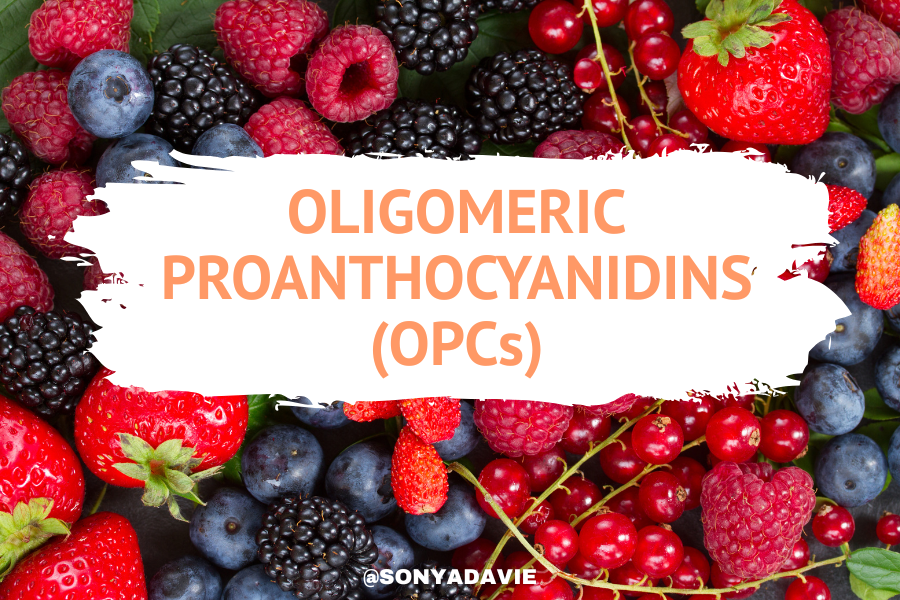
In this post, let’s unpack what OPCs are, how they work, and why researchers are studying them as a potential ally for ADHD and overall cognitive health. 🌸
🍇 First, What Are OPCs?
OPCs (Oligomeric Proanthocyanidins) are powerful antioxidants naturally found in plants.
You’ll often see them in:
- Grape seeds and red grape skins
- Pine bark (commonly used in supplements like Pycnogenol®)
- Berries such as blueberries, cranberries, and blackcurrants
- Cocoa and even red wine (in small, moderate amounts)
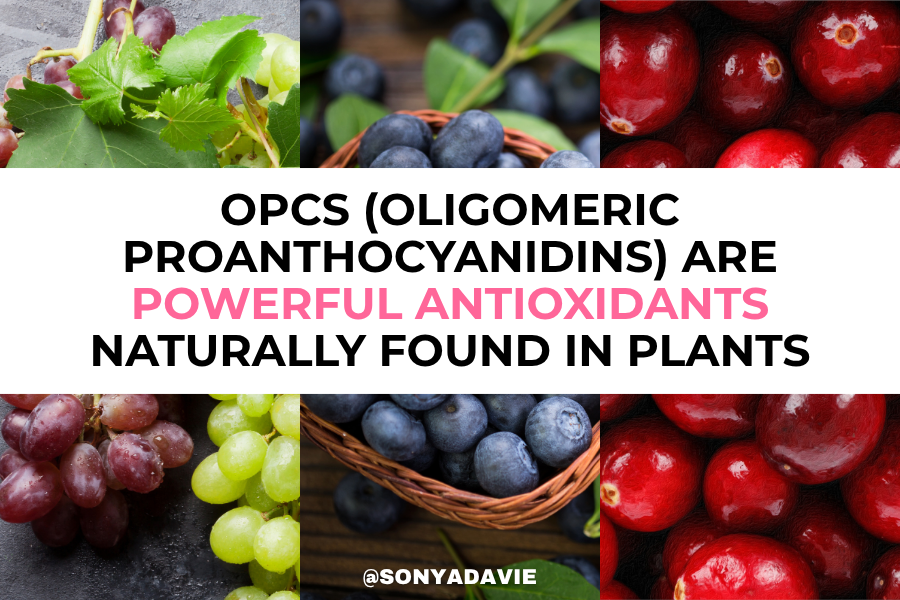
Antioxidants are like your body’s personal defense team, they protect your cells from oxidative stress, a type of cellular “wear and tear” caused by poor diet, pollution, stress, or even too little sleep.
Think of OPCs as your brain’s protective shield.
They help reduce inflammation, safeguard brain cells, and may improve communication between different regions of the brain.
This matters because oxidative stress and inflammation can make it harder for the brain to function optimally, especially when it comes to attention and mood regulation.
🧠 ADHD and the Brain: Why OPCs Might Matter
ADHD (Attention-Deficit/Hyperactivity Disorder) isn’t just about restlessness or lack of focus. It’s deeply connected to how the brain processes and regulates information.
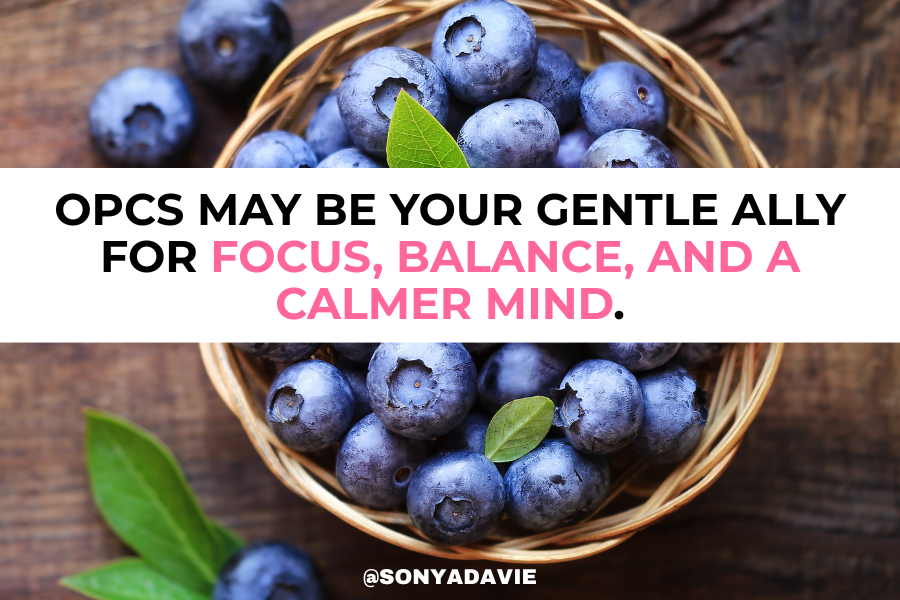
Research shows that ADHD involves several biological factors, including:
- Oxidative stress: The brain uses a large amount of oxygen, which makes it more vulnerable to free radical damage.
- Inflammation: Low-level inflammation can interfere with neurotransmitters like dopamine and norepinephrine, chemicals that influence focus, motivation, and emotional balance.
- Impaired blood flow: When circulation is sluggish, the brain may not get enough oxygen and nutrients, affecting clarity and concentration.
Because OPCs help reduce oxidative stress and support healthy blood flow, researchers are investigating whether these plant compounds can improve cognitive performance and emotional regulation, particularly for individuals with ADHD.
🧬 What the Research Says
Although still emerging, several small studies, mainly involving children have reported promising outcomes with OPC-rich extracts, particularly pine bark extract (Pycnogenol®). (Source)
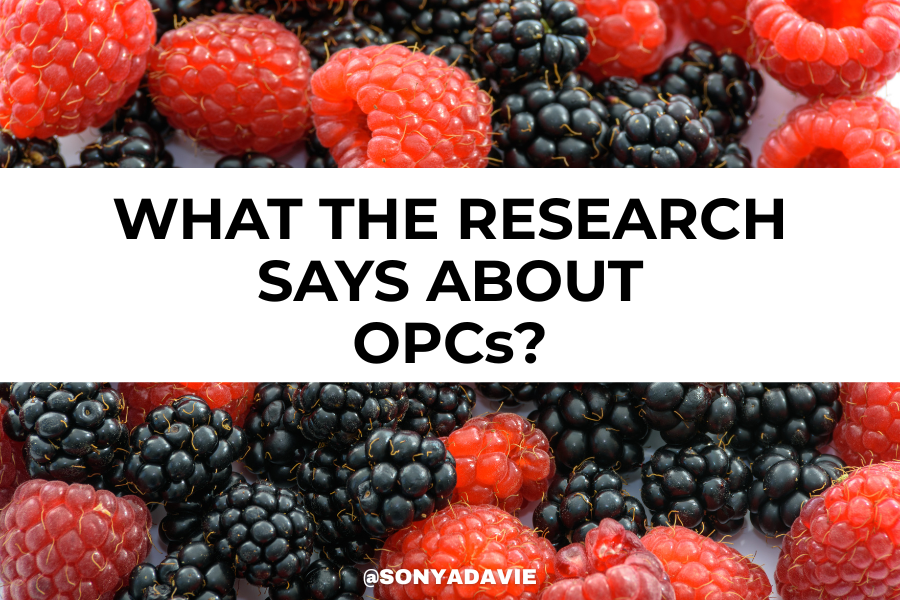
Here’s what has been observed so far:
✅ Improved Attention and Focus
In one 10-week clinical trial involving 88 children with ADHD, those who took Pycnogenol showed better concentration and reduced hyperactivity compared to those given a placebo. Teachers and parents both noted visible improvements in behavior and attention span.
✅ Better Antioxidant Balance
Children with ADHD often show lower levels of natural antioxidants in their systems. OPCs appear to help restore this balance, protecting brain cells from oxidative damage and supporting overall neurological resilience.
✅ Possible Dopamine Support
Some preliminary findings suggest that OPCs may help maintain normal dopamine activity — an important neurotransmitter for attention, impulse control, and reward-based motivation.
⚠️ But here’s the catch:
While these results are encouraging, the research is still in its early stages. Most studies are small, short-term, and conducted with children rather than adults. We don’t yet know the ideal dosage, how long-term use affects the brain, or how OPCs compare to traditional ADHD treatments.
Still, for parents and adults exploring complementary, low-risk approaches, OPCs are showing real promise, especially as part of a whole-person wellness plan.
🌱 How to Add OPCs Naturally
You don’t have to start with a supplement right away. Many foods already rich in OPCs can be added to your daily diet:
- Red and purple grapes (and grape seed extract)
- Blueberries, cranberries, and blackcurrants
- Pomegranate
- Dark chocolate (aim for 70% cocoa or higher)
- Pine bark extract (Pycnogenol® – if you’re considering supplements, always consult a qualified healthcare provider first)
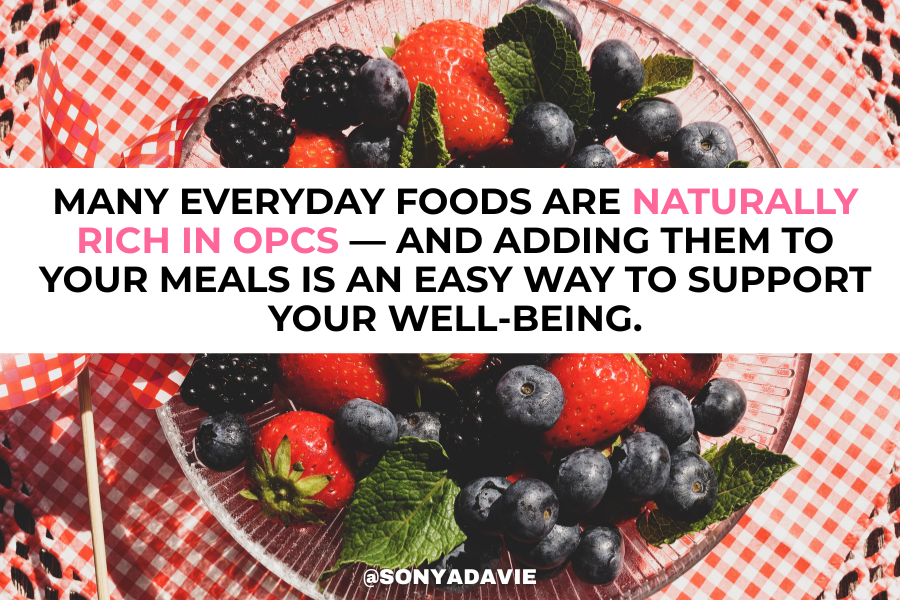
These foods don’t just nourish your brain, they’re also wonderful for your heart, skin, and immune system. Small daily choices, like adding a handful of berries to your breakfast or enjoying a piece of dark chocolate after dinner, can make a meaningful impact over time.
🧘🏾♀️ Whole-Person Wellness Still Matters!
Even the most powerful plant compounds work best when they’re part of a balanced lifestyle.
If you’re supporting yourself or your child with ADHD, remember that consistency in daily habits matters just as much as supplements.
Focus on:
🌿 A nutrient-dense diet: Include omega-3 fatty acids, iron, zinc, and magnesium — all essential for brain health.
💃🏽 Movement and play: Regular exercise, dancing, or stretching help release built-up energy and improve focus.
😴 Quality sleep and hydration: Rest and water are non-negotiable for mental clarity.
🧘🏽 Stress management: Breathwork, mindfulness, journaling, or somatic movement practices can calm the nervous system and support emotional regulation.
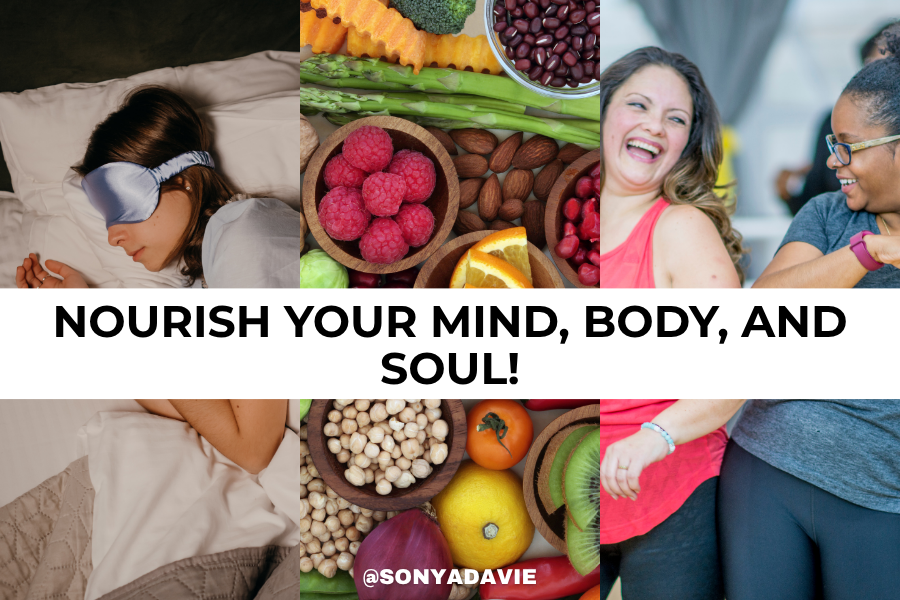
Together, these habits help reduce oxidative stress, creating the best environment for focus, creativity, and calm.
My final thoughts….
OPCs are nature’s quiet powerhouse, antioxidants that help protect the brain, calm inflammation, and may improve attention and focus in individuals with ADHD.
While they aren’t a replacement for professional care, they can serve as a gentle, evidence-informed way to support brain health naturally.
If you’re considering OPCs, look for standardized extracts (like grape seed or pine bark) and always check with your healthcare provider, especially if you or your child is currently taking medication.
Truly…
Nature has a way of supporting our healing in quiet but powerful ways and OPCs may just be one of those little helpers for a clearer, calmer mind. 🌿
+ show Comments
- Hide Comments
add a comment